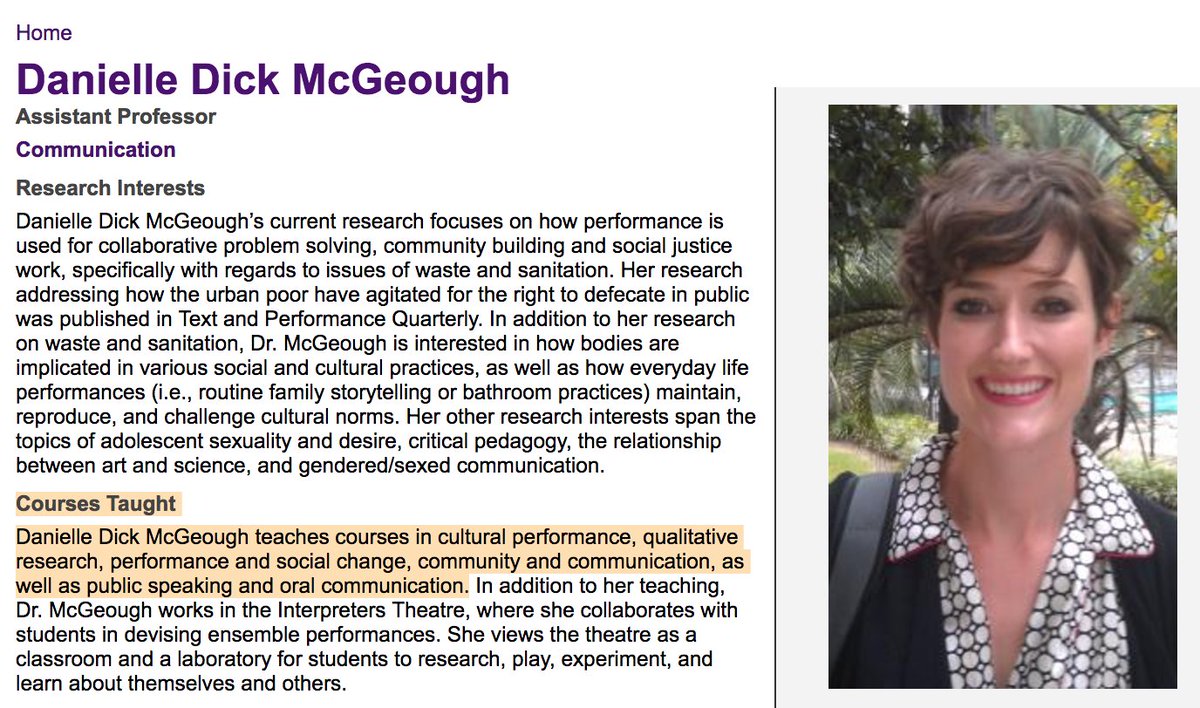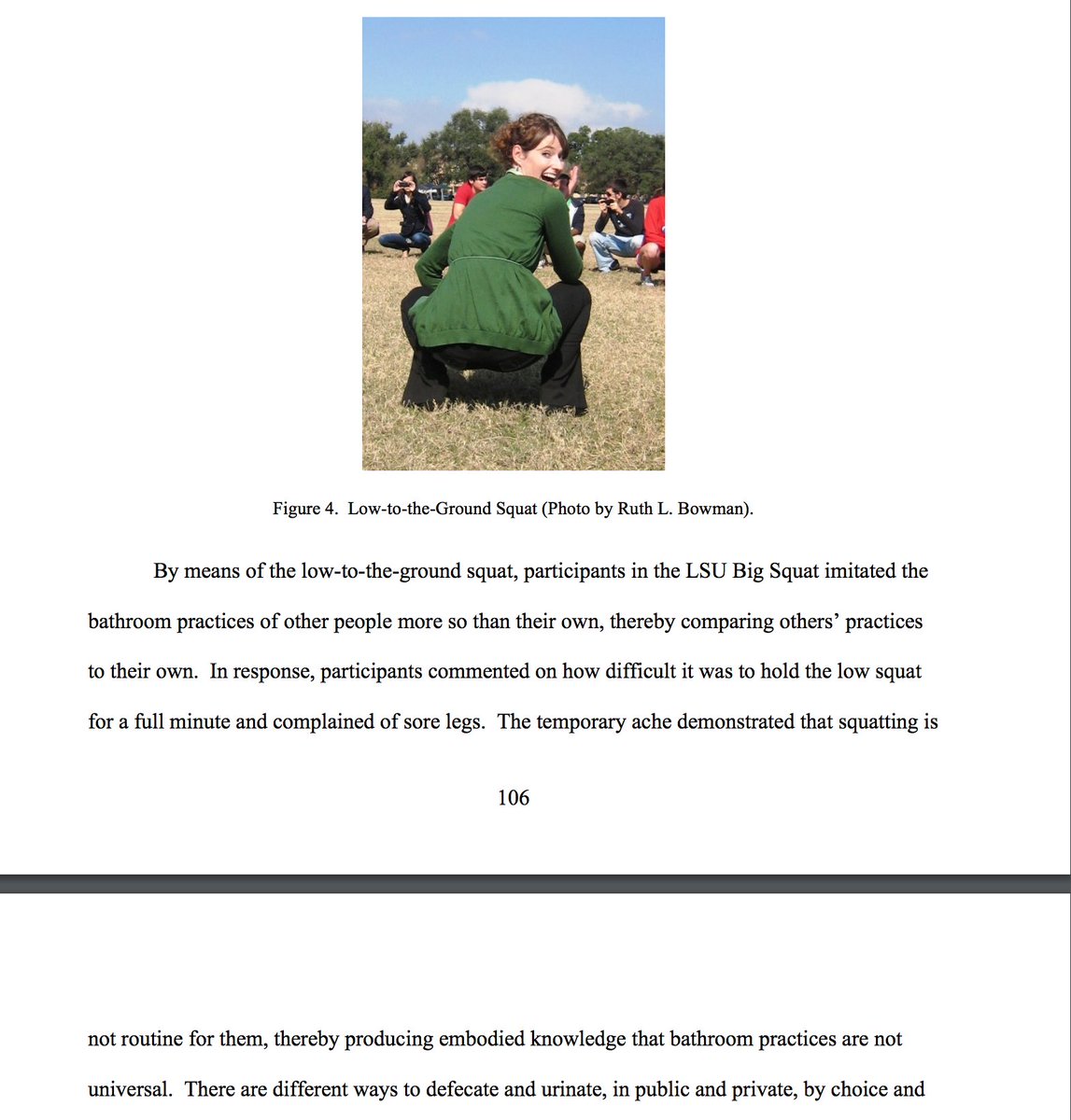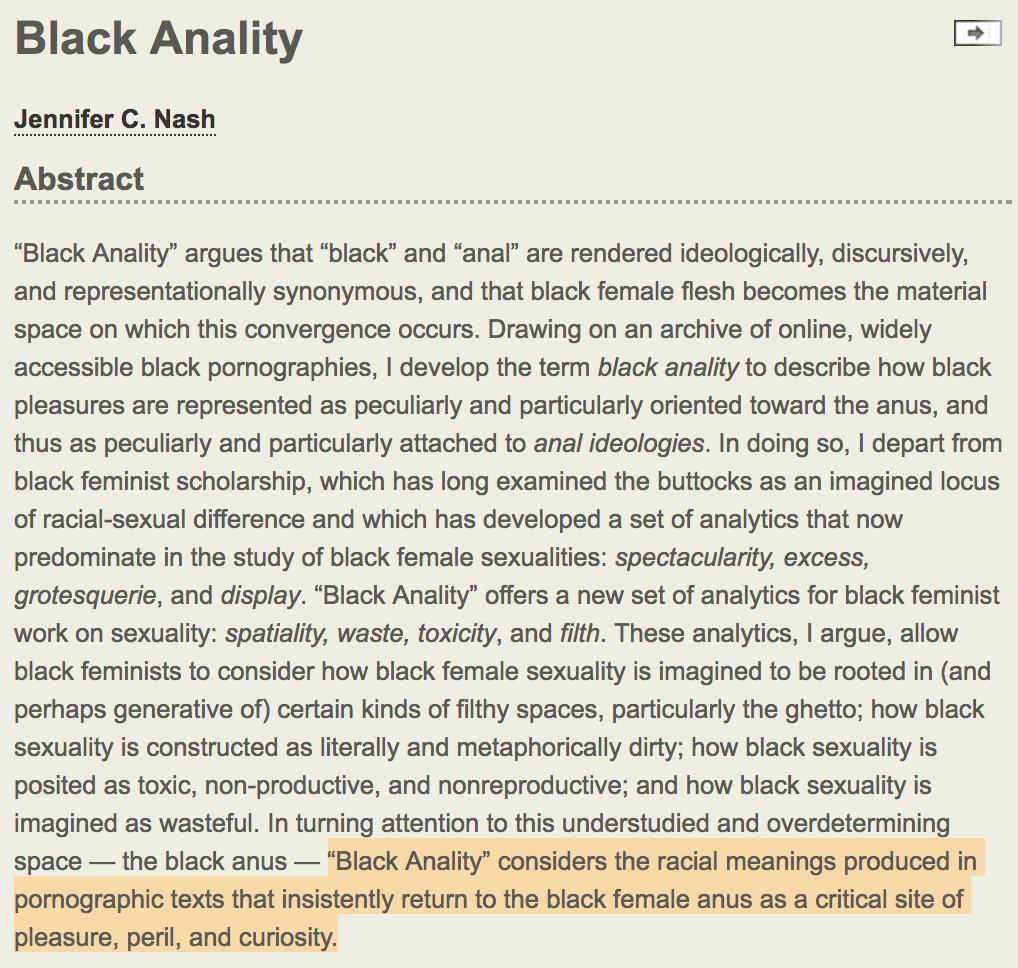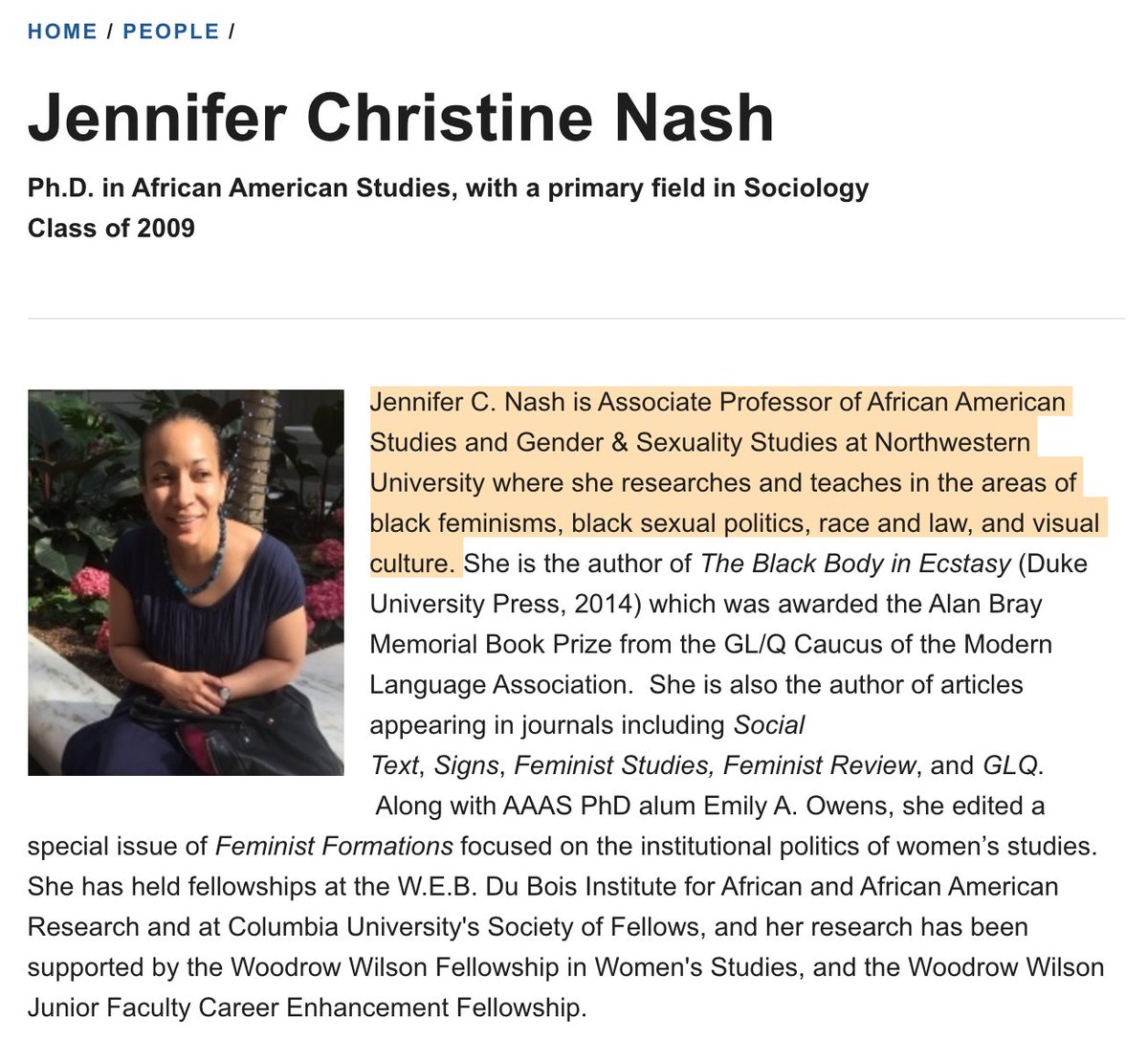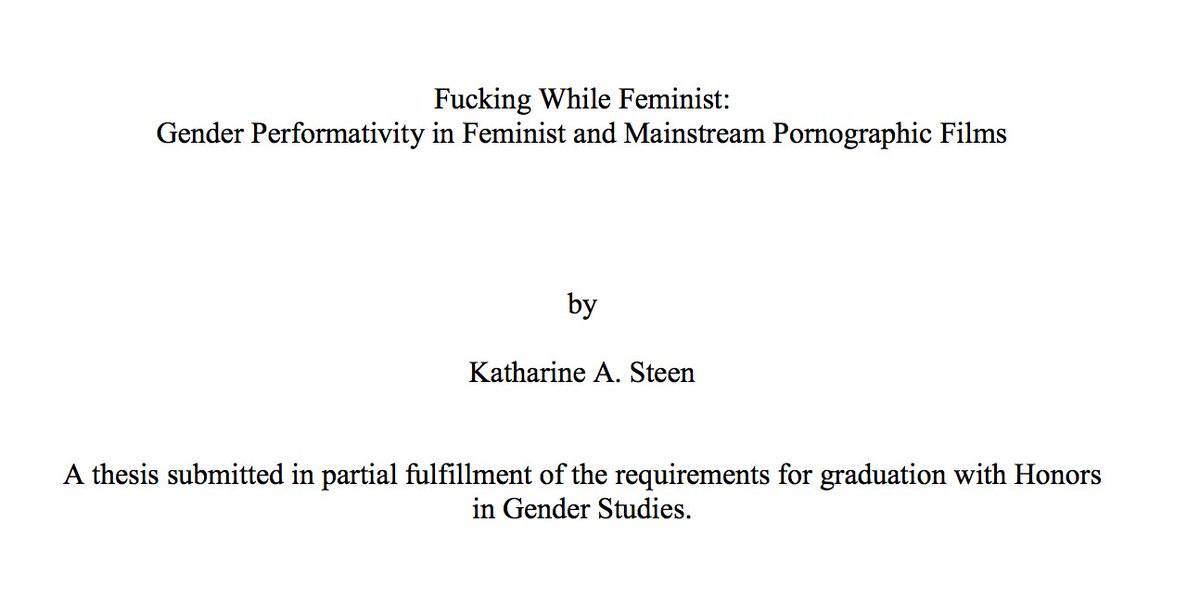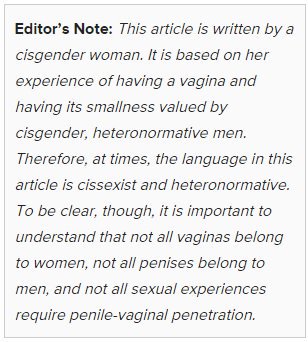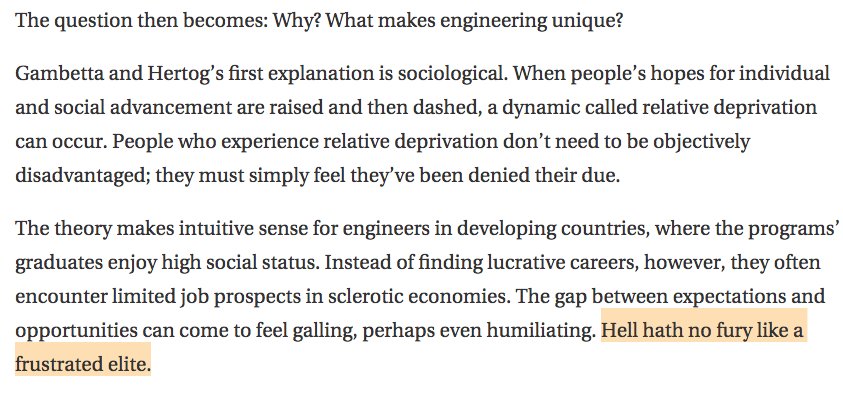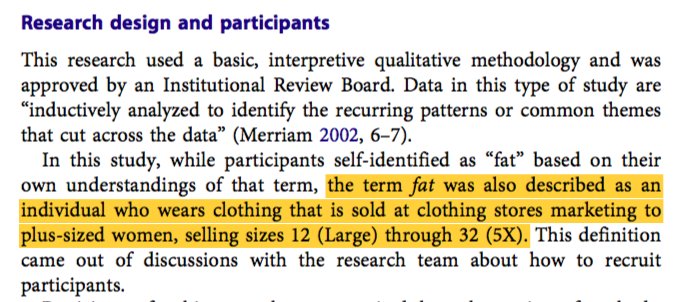- Joined
- Mar 31, 2005
- Messages
- 10,232
- Reaction score
- 3,006
LOSING STEAM AFTER MARX AND FREUD
on entropy as the horizon of the community to come
Karyn Ball, University of Alberta
"This essay undertakes a critique of recent trends in affect theory from the standpoint of the “human motor”: a trope that presupposes a thermodynamic psychophysiology distended between energy conservation and entropy. In the course of reanimating thermodynamic motifs in Marx's labor power metabolics and Freud's trauma energetics, the essay broaches entropics as a poetics of depletion that offsets affect theories promoting open-system metaphors. Open-system affect theory sometimes amalgamates emancipatory post-humanist gestures inherited from Gilles Deleuze and Félix Guattari with neuroscientific terms. In the course of “liberating” affect from subject-oriented topoi, this “liberation-scientistic” admixture expropriates organic matter's degeneration over time. An “entropical” perspective also challenges Antonio Negri's Spinozaist affect conceived as a capacitating power that encounters obstacles but never limits. Both “liberation scientism” and “capacitation rhetoric” mimic capital's abstraction in infinitely expanding its potential to extract surplus value from finitely embodied labor. With enervation and deterioration at its crux, entropics illuminates how people might feel individuated by their respective struggles to safeguard scarce energy and forestall “heat death” while navigating simultaneous demands. The question is whether or not open-system motifs in affect theory can effectively register the political force of this struggle with depletion and present or imminent debilitation as its common ground."
In summary:
dS = ∭

on entropy as the horizon of the community to come
Karyn Ball, University of Alberta
"This essay undertakes a critique of recent trends in affect theory from the standpoint of the “human motor”: a trope that presupposes a thermodynamic psychophysiology distended between energy conservation and entropy. In the course of reanimating thermodynamic motifs in Marx's labor power metabolics and Freud's trauma energetics, the essay broaches entropics as a poetics of depletion that offsets affect theories promoting open-system metaphors. Open-system affect theory sometimes amalgamates emancipatory post-humanist gestures inherited from Gilles Deleuze and Félix Guattari with neuroscientific terms. In the course of “liberating” affect from subject-oriented topoi, this “liberation-scientistic” admixture expropriates organic matter's degeneration over time. An “entropical” perspective also challenges Antonio Negri's Spinozaist affect conceived as a capacitating power that encounters obstacles but never limits. Both “liberation scientism” and “capacitation rhetoric” mimic capital's abstraction in infinitely expanding its potential to extract surplus value from finitely embodied labor. With enervation and deterioration at its crux, entropics illuminates how people might feel individuated by their respective struggles to safeguard scarce energy and forestall “heat death” while navigating simultaneous demands. The question is whether or not open-system motifs in affect theory can effectively register the political force of this struggle with depletion and present or imminent debilitation as its common ground."
In summary:
dS = ∭

